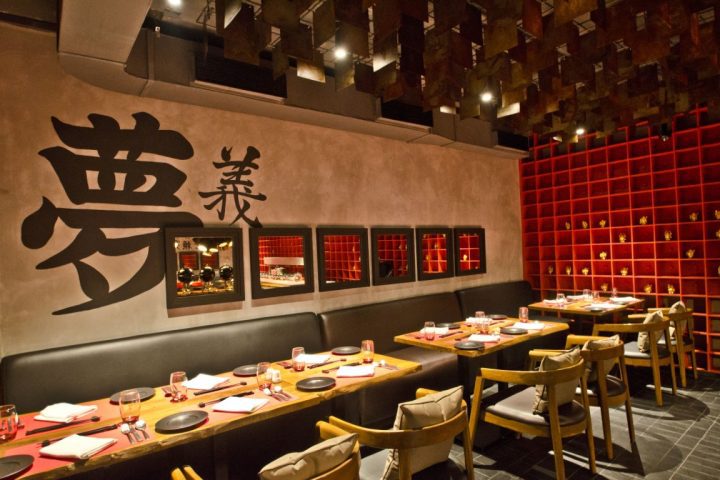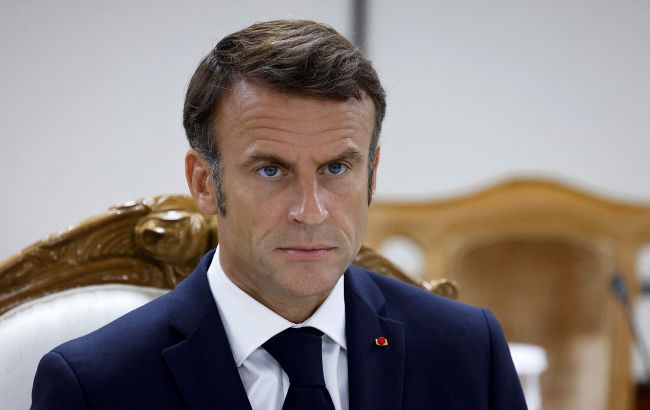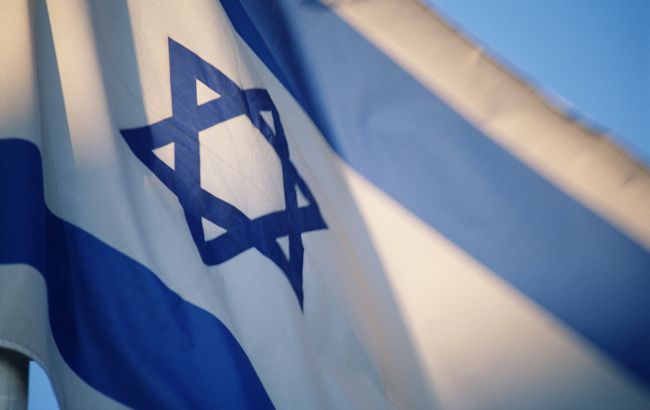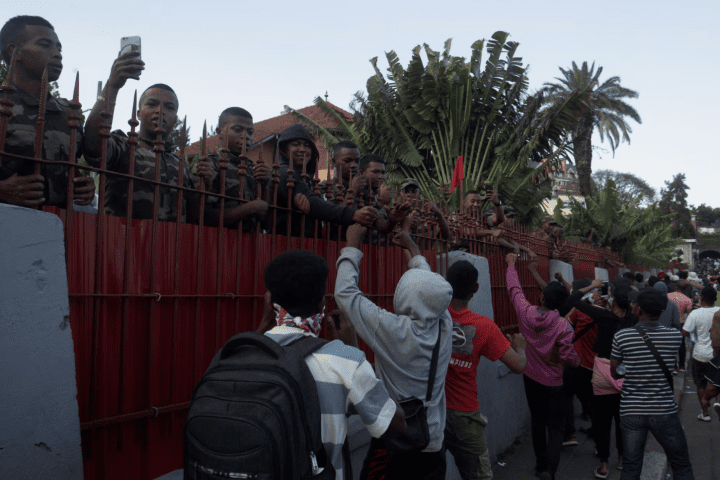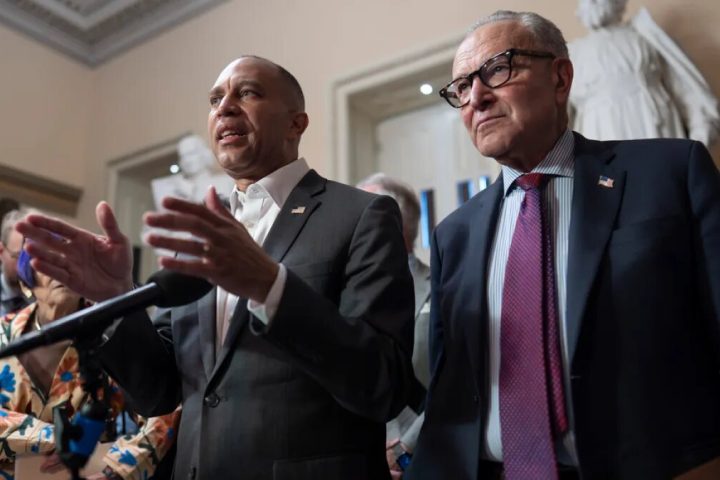AstraZeneca CEO Pascal Soriot looked confident and relaxed as he stood next to Donald Trump in the Oval Office on Friday. The US President announced a new deal that he said would help lower the cost of medications for millions of Americans.
Banquets, billions, and diplomacy: how AstraZeneca negotiated lower drug prices with Trump
For Sorio, this moment culminated months of persistent negotiations and strategic diplomacy. The AstraZeneca CEO managed to conclude the first agreement of this magnitude between the US administration and a foreign drugmaker—while simultaneously protecting his Anglo-Swedish corporation from the threat of high import tariffs in the world’s largest pharmaceutical market.
According to three sources familiar with the negotiations, the White House meeting was the culmination of a series of contacts between the AstraZeneca CEO and Trump’s representatives that began last November, immediately after the election. Final terms were agreed upon in the final days before the signing.
“You kept me awake at night, and my team too. But it was worth it,” Soriot said to Trump with a smile during the ceremony.
From Banquets to Business
According to sources, Soriot met with Trump in more than just Washington. Their last meeting was at a royal banquet at Windsor Castle on September 18. Over the summer, the AstraZeneca CEO also held three talks with US Commerce Secretary Howard Lutnick in London and Washington.
These meetings laid the foundation for subsequent agreements, including an agreement to build a $4.5 billion plant in Virginia. The project was advanced with the support of Governor Glenn Youngkin, a close Trump ally. The parties finalized the agreement in just a month, and on the eve of the signing at the White House, Sorio and Youngkin participated together in the groundbreaking ceremony.
“Youngkin has big ambitions, and his connections to the White House clearly played a role,” noted one of the negotiators.
“A Very American Company”
AstraZeneca’s deal followed a similar agreement with Pfizer and signaled to the market that the pharmaceutical sector was willing to compromise for the sake of stability and presence in the US. Industry shares began to rise, and investors anticipated further announcements.
Shore Capital analyst Sean Conroy noted that Soriot had managed to gain political favor with the administration by positioning AstraZeneca as a “very American company” and supporting Trump’s price-cutting policy. This rhetoric, according to the expert, helped the company gain access to negotiations at the highest levels.
Advantages and Concessions
While AstraZeneca made some concessions, including lowering the cost of several Medicaid drugs and expanding local manufacturing, the agreement was a strategic victory. The company received guarantees of stable access to the US market and strengthened its position in the US—a region where it plans to generate up to half of its future revenue.
Against the backdrop of tightening regulations in the UK and weak government support for the pharmaceutical sector, a deal with Washington seems particularly logical. In July, AstraZeneca announced plans to invest $50 billion in US facilities, and at the end of September, it confirmed its intention to list its shares in the US, along with London.
“This deal is the missing piece of the puzzle,” one of the sources told Reuters. “AstraZeneca now has a strong presence in the US, strong political connections, and strategic guarantees for future growth.”



